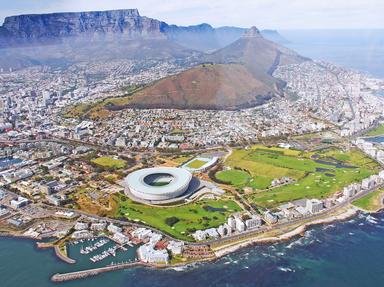
Death in the Veldt Trivia Quiz
The South African War, 1899-1902
Formerly called the Second Boer War, this conflict led to over 30,000 military deaths and 50,000 civilian deaths. Can you recognise the military leaders, both British and Boer?
A collection quiz
by looney_tunes.
Estimated time: 3 mins.
- Home
- »
- Quizzes
- »
- History Trivia
- »
- African
- »
- South Africa